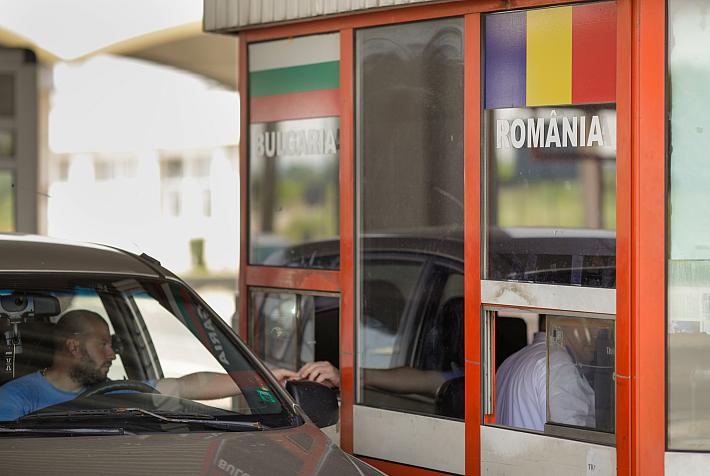Romania’s PM, business associations join banks in fighting new mortgage law

Romania’s Government asked the Chamber of Deputies to change the law that allows mortgage debtors to get rid of their debts by giving the mortgaged assets to the banks. The law is also known as the giving in payment law.
The Coalition for Romania’s Development, an organization that represents the most influential business organizations in Romania, also asked the Chamber to modify the law and include the amendments formulated by Romania’s National Bank (BNR).
Both the Government and the Coalition expressed their concerns that the law’s current form would lead to negative effects on Romania’s banking system and overall economy, thus reinforcing similar opinions expressed by Romania’s National Bank and local commercial banks’ associations.
The Government led by Prime Minister Dacian Ciolos sent its point of view on the new law to the Chamber of Deputies last week and asked for several important changes. The cabinet argued that the current form of the law could affect the right to property and lead to bankruptcies in the local banking sector, which would generate imbalances in the economy.
The Government asked that the state-backed First House program, which has been helping young Romanians buy their first homes by providing state guarantees, should be exempted by the new law. Another proposed change is that the new law only applies to real estate assets used for residential purposes and exclude land plots and commercial real estate.
“We consider that the proposed measures are much too general, without being based on a solid analysis of their economic, social, and legal impact,” the Government’s document reads.
The law’s initiator, liberal deputy Daniel Zamfir accused Prime Minister Dacian Ciolos that he was serving the interests of the foreign banks. To this Ciolos answered saying that the new law should help families who bought houses and had real difficulties in paying their mortgages, not real estate speculators.
The Coalition for Romania’s Development, which includes business associations such as the Foreign Investors Council, AmChamn Romania, and Romanian Business Leaders, asked for a thorough impact research. The Coalition also demanded that the new law didn’t apply retroactively and that it excluded the First House program.
Romania’s National Bank (BNR) had already asked the Parliament to change the law arguing that, in its current form, it would lead to more restrictive lending, a drop in property prices, and a 6.3% (EUR 12.7 billion) decline in the Romanians’ overall wealth.
International investors, concerned about Romania’s law on mortgage loans
Local lenders adapt their offers to Romania’s new law on mortgage loans
Survey: Real estate brokers in Romania fear new law on mortgage loans
Senators reject Romanian central bank’s amendments to mortgage law
Top bank CEO explains how the new law on mortgage loans will change the lending process in Romania
editor@romania-insider.com












